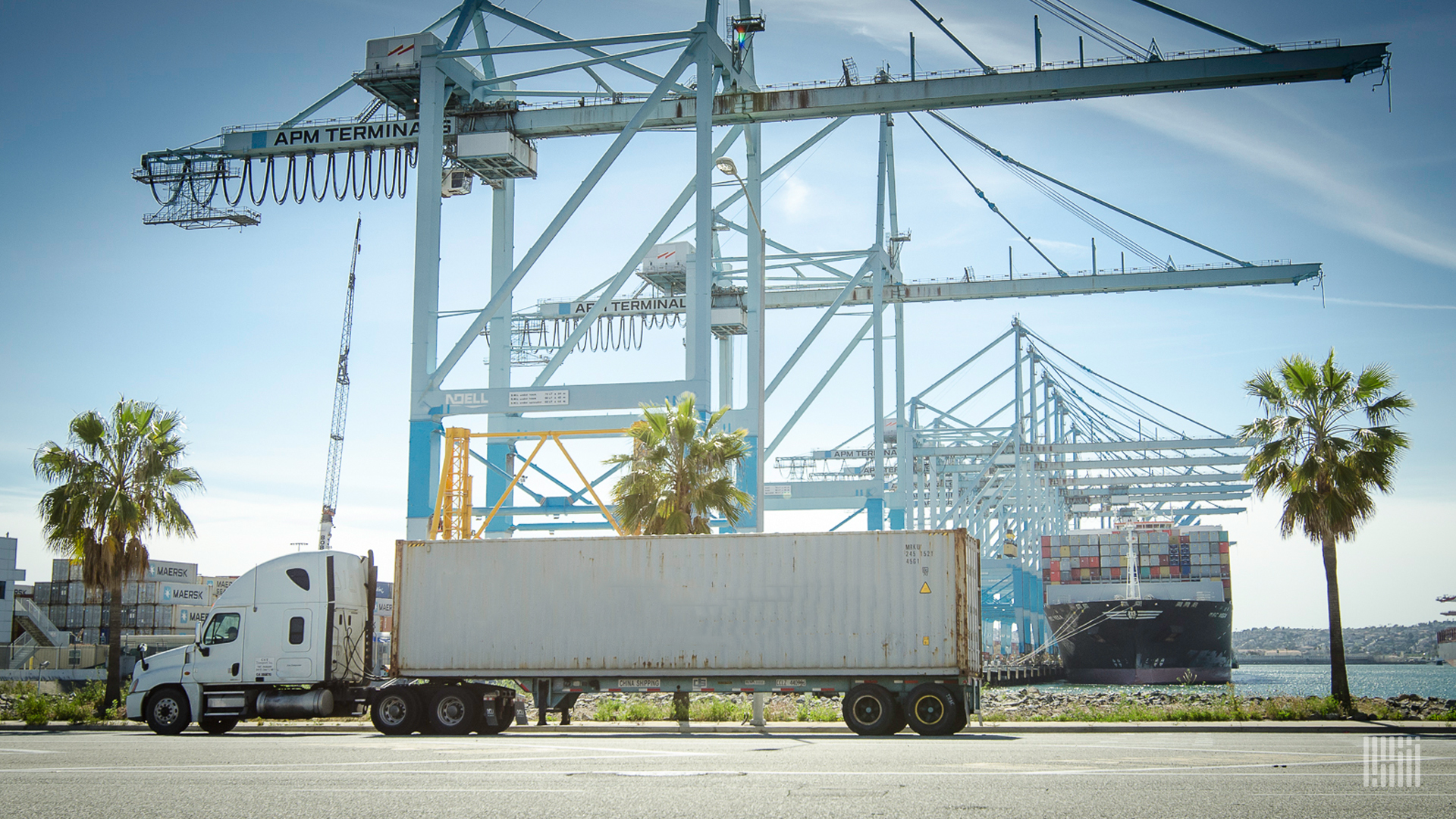Breaking: federal judge temporarily blocks AB5 enforcement against California trucking

Story by: John Kingston @ freightwaves.com
A federal judge has handed down a temporary restraining order blocking the Jan. 1 implementation of California’s AB5 against motor carriers.
AB5 is the law restricting the ability of independent operators — including truck drivers — to operate in the state.
In a case brought by the California Trucking Association, Judge Roger T. Benitez of the U.S. Southern District Court ordered the state not to enforce AB5 against any motor carrier in California, pending a final resolution of the lawsuit brought by the CTA.
Weston LaBar, the executive director of the Harbor Trucking Association, which is closely aligned with CTA, described it as a “minor victory” but said he hoped it was one step toward “a more fruitful” victory in the CTA’s fight against AB5. While the CTA is the lead plaintiff, LeBar said the Harbor Trucking Association, which represents the drayage sector, supported CTA’s efforts and believed it was the preferred organization to lead the legal fight.
At issue in the judge’s order was the so-called “B Prong” of AB5. AB5 adopted almost verbatim wording from the Dynamex case handed down in California in 2018 which set several tests for when a worker should be considered an employee rather than an independent operator. The B part of the ABC test in Dynamex — the basis for the B prong in AB 5 — said an owner-operator should be considered an employee unless, as Benitez noted, “the person performs work that is outside the usual course of the hiring entity’s business.” A trucking company hiring a truck driver who is independent would not meet that test of independence. A trucking company hiring a cleaning company to tend to its headquarters would meet it.
Key legal arguments against AB5 have focused on the Federal Aviation Administration Authorization Act of 1994. That federal law has wording on the ability of states to regulate motor carriers. Attorneys for CTA have argued that FAAAA pre-empts AB5, and Benitez was persuaded.
In a footnote, the judge said “the Court is persuaded by the likelihood of Plaintiffs’ success on the FAAAA preemption ground.” Benitez chose not to address some other CTA arguments; in essence, he appears to be saying that the FAAAA challenge is enough and other legal points don’t need to be considered at this time.
In another part of his ruling, Benitez said the CTA and other plaintiffs “are likely to succeed on the merits.” He also ruled that a restraining order is called for because the plaintiffs are “likely to suffer irreparable harm in the absence of relief” and “relief is in the public interest.”
The ruling suggests that a truck driver would almost never be found to be an independent owner-operator under the tenets of AB5. “Because contrary to Prong B, drivers perform work within (court italics) the usual course of the motor carrier hiring entity’s business, drivers will never be considered independent contractors under California law,” Benitez wrote.
And the costs of ignoring the law are significant, he added. “If their interpretation of the statute is correct, Plaintiffs will have to risk criminal prosecution or take significant and costly compliance measures,” he wrote.
LaBar called the temporary restraining order a “really good sign.” “It is extremely difficult to get a restraining order and preliminary injunction,” he said. “This bodes well for the case.”
“We felt like this was an overreach from day one,” LaBar added. “We felt like this was done with a complete disregard on how this impacted interstate commerce.”
He added that he hopes the decision and a possible success in further proceedings can “attract cargo back to the West Coast, giving us boxes to move and livelihoods to make.”
LaBar said the next hearing on the case will be Jan. 13.
Read the full story HERE @ freightwaves.com
Source and credits: freightwaves.com /Craig Fuller, CEO at FreightWaves / iTrucker / Mario Pawlowski



